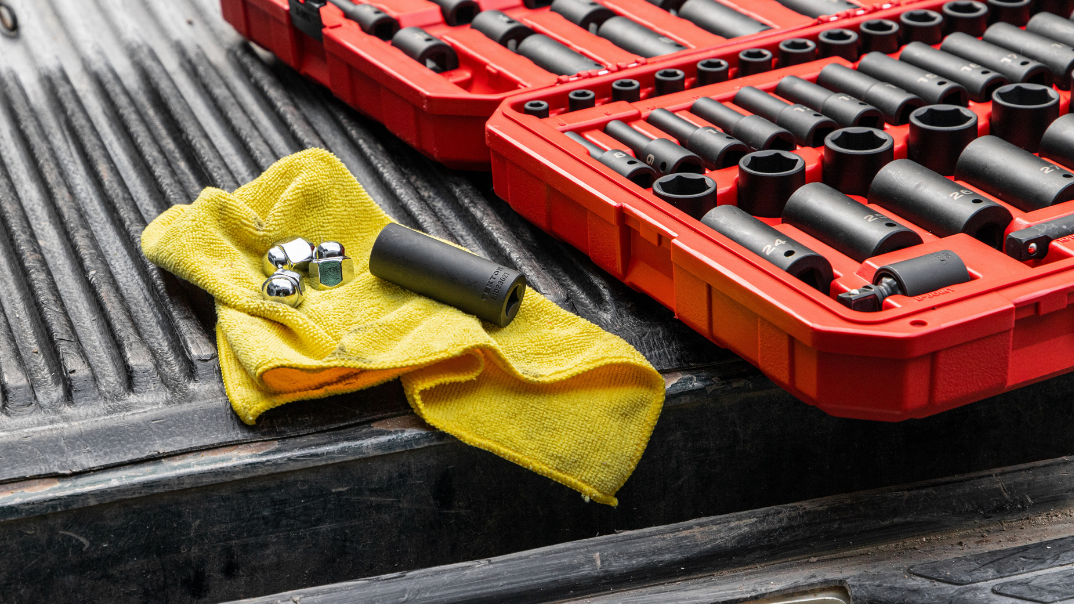 Your car’s warranty covers any unforeseen mechanical or electrical breakdowns. Extending your warranty is a good idea if you plan to keep your car beyond the standard manufacturer’s warranty period.
Your car’s warranty covers any unforeseen mechanical or electrical breakdowns. Extending your warranty is a good idea if you plan to keep your car beyond the standard manufacturer’s warranty period.
As we’ve mentioned before (in our article, The difference between a maintenance plan, service plan and warranty: explained), your manufacturer’s warranty is a promise from the brand saying that the car they’ve sold you won’t give you any problems. A standard manufacturer’s warranty can be anything from three years upwards. If anything goes wrong during this period, your manufacturer will replace the part for you free of charge.
What happens when your manufacturer’s warranty expires?
When the manufacturer’s warranty expires, any mechanical or electrical breakdowns become the owner’s liability. This means you’ll be paying out of pocket - which can be extremely costly.
Not many people have the necessary cash on hand to fix these kind of things - unless you have a savings account specifically set aside for car maintenance and repairs. In fact, depending which part breaks down, you could end up high and dry with a broken car that is too expensive to fix.
That’s where an extended warranty comes in. You can extend your warranty to give you peace of mind and mitigate the risk of footing the bill in the case of a part failure.
Having an extended warranty is particularly important for people who rely on their car for work. In certain jobs (like sales representatives for example), you can’t actually afford to be without car. Warranties often include the added value of a rental car, while your car is being fixed. This provides an additional safety net.
Also keep in mind that while an extended warranty is a great safety net, not all manufacturers have the same warranty claim rate as others. Choosing a manufacturer with a lower warranty claim rate will affect variables like the cost of the extended warranty and the likelihood of needing to use the warranty. Although, a low warranty claim rate doesn’t guarantee that your vehicle won’t break, it does lower your risk.
Everything you need to know about extending your warranty
We spoke to Trevor Van Rensburg, former Executive of Corporate Sales at Innovation Group, to explore the ins and outs of extending your warranty.
“If you’re planning to keep your car longer than the duration of your manufacturer’s warranty, it’s a good idea to extend your warranty before the original warranty expires,” says Trevor.
There are in fact two types of extended warranty: a pre-owned warranty and an extended warranty. If your original manufacturer’s warranty runs out, with a period of no cover before you extend the warranty, you’ll only qualify for a pre-owned warranty which is not as comprehensive as an extended warranty.
With a pre-owned warranty, each component is individually limited in value (covering only a certain percentage of the cost). An extended warranty is more expensive, but it offers you more comprehensive benefits. It’s better to extend your warranty before it expires, so that you qualify for unlimited warranty cover.
Not all warranties are created equal
“Not all extended warranties cover the same things. Most cover the core components but the level of cover you receive differs depending on whether you opt for a comprehensive warranty or a limited warranty,” says Trevor.
Depending which vehicle brand you buy, even the original manufacturer's warranty isn’t always the same. When choosing a car, look for brands that offer you a comprehensive warranty. This gives you the same level of cover for all parts for the duration of the warranty.
Similarly to a pre-owned warranty, a limited warranty gradually decreases as the car ages - giving you less cover each year. Some components get removed entirely, and by the time you get to the end you only have about 30% of the cover you had to begin with. If you extend the limited warranty, you’re extended warranty will begin at only 30% cover.
“This means you need to pick your brand wisely upfront. Before you sign on that dotted line, ask your dealer’s F&I advisor to explain what the warranty covers and how comprehensive it is,” advises Trevor.
Manufacturer’s warranty vs. third party warranty
When you extend your warranty, you’ll have the choice of extending your manufacturer’s warranty, or purchasing a warranty through a third party.
If you choose to purchase an extended warranty through your dealership, they’ll offer you various options including a manufacturer-endorsed option. This is because the Consumer Protection Act (CPA) forces dealers to offer buyers multiple options. The F&I advisor must also explain the benefits and pitfalls of each option.
Third party providers offer generic warranties. Depending on the third party, they may also offer the manufacturer’s endorsed warranty.
“Whether you extend your warranty through your dealership or through a third-party supplier, the manufacturer-endorsed extended warranty is your best option. This is because the manufacturer uses up-to-date parts pricing and performs a detailed claims analysis (meaning that prices for predicted future claims are very accurate). Third party estimates are not as accurate and, as a result, can be overpriced,” says Trevor.
Cross reference what’s covered by your insurance vs. what’s covered in your warranty
Quite a few warranty companies build in ‘nice to have’ extras, which just end up costing you more money on your monthly instalment (e.g. medical assistance, free car washes, hotel accommodation, and so on).
“You don’t often use these,” says Trevor, “so it’s not really worth paying extra for them. Don’t duplicate cover that you already have. Your insurance and medical aid cover most of these added services. When you’re weighing up your extended warranty options, focus on their core value: engine and electrical cover (working parts). Make sure you’re covered for the highest value possible when it comes to replacing these core parts.”
Want to make sure you get the best possible deal on a new or used car? Download our ebook, Questions to ask your dealer, for insider tips to help you buy your dream car.

%20(1).jpg)
.jpg)
